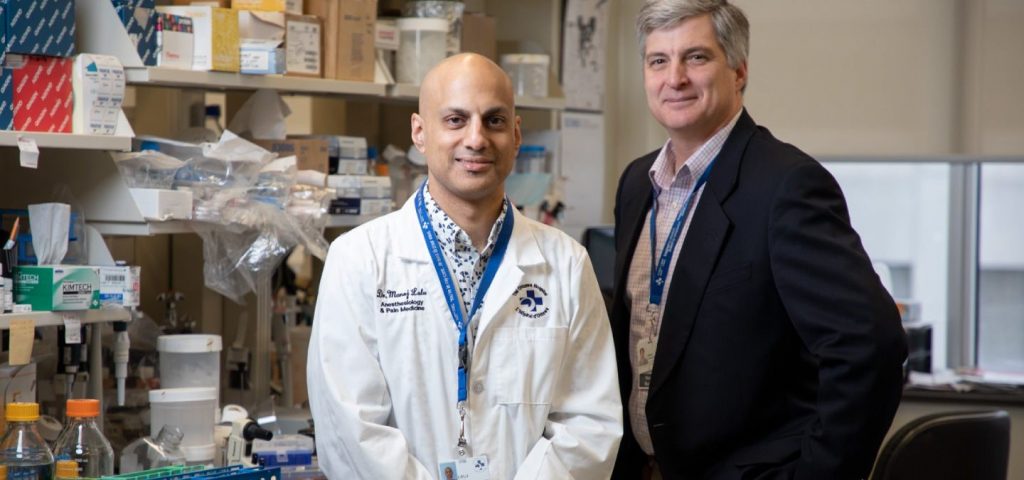Blood cancer trials benefit from patients’ lived experience

How can researchers ensure that a clinical trial will be successful? Embedding people with lived experience in the trial design may be the roadmap to follow.
“Taking a new discovery from bench-to-bedside is extremely challenging and most early or first-in-human trials fail,” said Dr. Manoj Lalu, an anesthesiologist and associate scientist at The Ottawa Hospital and assistant professor at the University of Ottawa. “We think that having patients at the table from the beginning makes sense and will increase the chances of success.”
There is a significant gap between what appears to work at the bench or in early clinical trials and what is ultimately approved by the regulator for clinical use in humans. Many trials fail because of the inability to recruit enough participants, high costs and more.
Dr. Lalu and his colleagues, including Drs. Natasha Kekre and Dean Fergusson, took a novel approach to designing a clinical trial protocol to treat blood cancers, with patient partners embedded throughout the process. The trial involves Chimeric Antigen Receptor (CAR) T cells and their approach for designing it is called Getting better Outcomes with CAR-T cell therapy (GO-CART). The trial is expected to start in 2019.
“It is a tremendous success to have a product go from bench-to-approval for clinical testing at the bedside within two years,” said Dean Fergusson, Principle Investigator, GO CAR-T and lead of the Ottawa Methods Centre (OMC), an OSSU research centre that provided significant support to the project, including expertise in economic analysis, reviews, knowledge translation, and trial protocols. GO CAR-T also benefited from the centre’s extensive expertise in patient engagement.
Dr. Lalu attests to the value of patient partners in helping build the foundation for a human clinical trial.
“Patient partners with lived experience provided constant feedback on patient perspectives,” says Dr. Lalu. “Terry [one of the project’s patient partners] was there at almost every meeting at the table the entire time. He was pretty vocal to make us consider patients all the way through, such as how many follow up visits are feasible? What other supports beyond their regular doctor would patients need to participate?”
Patients also helped the research team design pathways that patients with leukemia might follow during treatment and kept quality-of-life considerations at the forefront.
OSSU recently awarded the project an EMPOWER Award because of its potential to have broad impact in Canada.
Thanks to this novel approach and integration of people with leukemia into clinical trials, Canadians may benefit on a wider scale from this life-saving therapy.
GO-CART is funded by BioCanRx, The Ottawa Hospital Foundation, the BC Cancer Agency, Health Canada, the University of Manitoba, the University of Calgary and the Leukemia & Lymphoma Society of Canada.